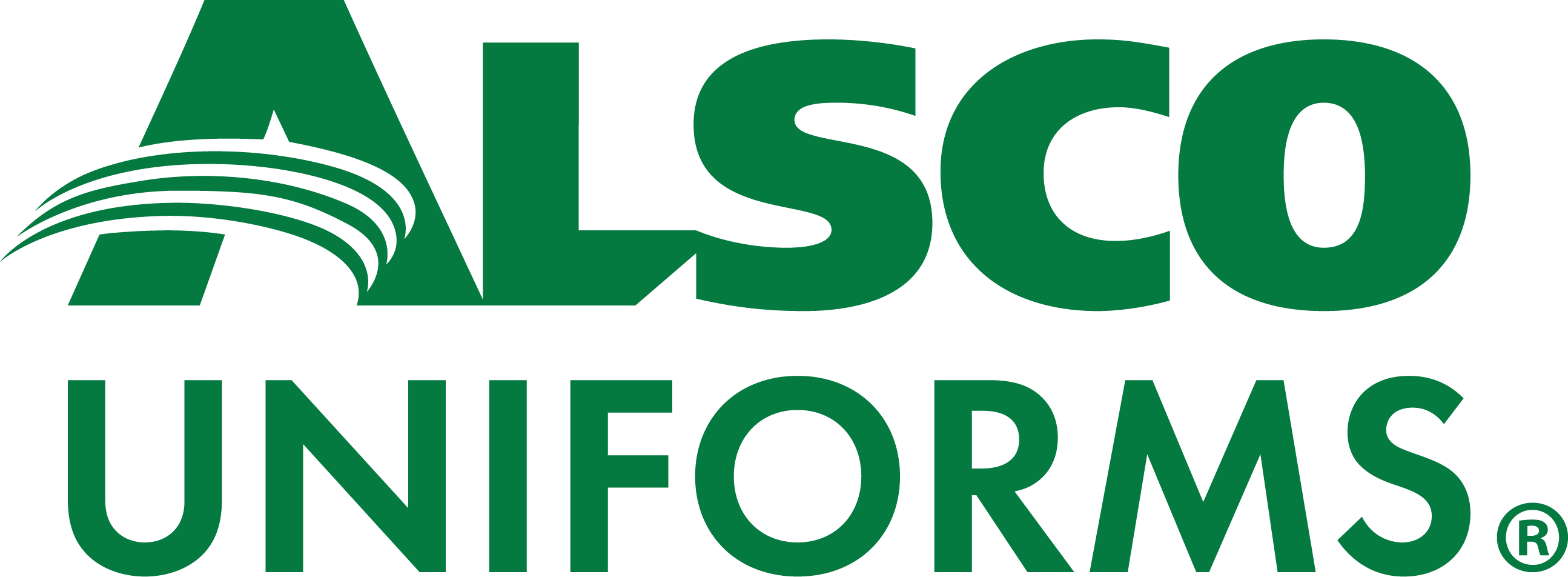
Restaurant host staff can convey a lot about a restaurant just by what they’re wearing. Different restaurants will have different dress codes for their host staff, but the fundamentals will apply everywhere.
Creating a Brand
As more restaurants return to normal business after the first two years of the COVID-19 pandemic, diners want to eat out and look good doing so. They expect to see restaurants — and specifically, the host staff— match that expectation. But “looking good” can mean wildly different traits from one restaurant to another.
It is important to keep brand awareness in mind when creating a dress code for a restaurant host staff. No matter the size and type of a restaurant, a restaurant is a brand, and every staff member — from the kitchen staff to front-of-house staff — represents a brand and how a restaurant manager wants their establishment to be perceived.
Having an employee dress code sets the tone for guests from the moment they walk in. What a host is wearing might be the first impression a guest sees, immediately and clearly communicating that they are the person to whom the incoming guest should be talking.
Dress Code Details
Beyond guest impressions, dress codes create a sense of partnership among all staff members. They are all on the same team, and they are all serving the same customers.
Because hosts are considered “non-uniform employees” in a restaurant, these positions can require the most guidance on dress codes (compared to uniform employees, like kitchen staff or wait staff, who have more rigorous guidelines when it comes to what clothing they can wear).
Depending on the restaurant, having no set uniforms can give the hosts more freedom to choose what they want to wear, but there will still likely be guidelines they have to follow. For example, the hosts may have to wear coordinated shirts and pants that match the restaurant’s logo or aesthetic. Even in more casual restaurants, where hosts can wear their own clothing, they should be advised to avoid clothing that has promotional or political messaging. In high-end restaurants, it is common for hosts to wear all black attire, such as black slacks and a black button-up shirt.
Appropriate Footwear
Footwear is an important part of a restaurant’s dress code for a host or hostess.
Even though hosts are front of house, they may have to enter the kitchen to pass messages to or cover for a server. For this reason, hosts and hostesses should wear nonslip shoes to cope with spills and moisture on the kitchen floor. This nonslip footwear should be required of all restaurant employees regardless of where they are positioned.
Open-toed footwear is considered a health and sanitation liability and should not be allowed. Exceptions might be made for injuries and seasonal needs, but the rule of thumb is that all employees must wear close-toed shoes.
Regardless of the type of restaurant, a host or hostess is going to be on their feet for hours at a time, so they need to be able to move quickly and professionally through the seating area and kitchen. For this reason, whether wearing dress shoes or something more casual, the host or hostess should be sure to get shoes that are comfortable to wear and offer appropriate support for the feet and legs.
Nails & Hair
Personal grooming is an important part of a dress code, especially in a restaurant. Even though a host may not be interacting with food directly, their hair and fingernails must be well groomed.
Artificial nails and fingernail polish had traditionally been frowned upon, but they are now becoming acceptable, as long as the fingernails do not chip or flake. The length of the nails should not interfere with carrying dishes, typing on a keyboard or performing any of the other many tasks that front-of-house employees handle.
Different restaurants may have different standards on nail length and coloring, depending on what kind of clientele the restaurant hopes to draw. Some patrons might appreciate seeing their host with exotic or fun nails. In other settings, this might not be welcome.
Hosts should wear their hair in such a way that their hair does not cover their face. Employees who have long hair should tie their hair back.
Rings, Necklaces & Watches
Jewelry is also part of a dress code for all restaurant employees, including hosts. Some restaurants may clarify that rings should be plain and not distracting. Similarly, watches should not be oversized or too heavy.
Hosts have to wash their hands regularly. If they have to remove rings or wristwatches to do wash their hands, it may be a sign that what they are wearing is too cumbersome for the position.
Similarly, in a busy restaurant environment, earrings and necklaces can get caught, stuck or break easily, and the jewelry may become either a distraction or health hazard. For the well-being of both guests and employees, jewelry should be kept simple and minimal.
Uniforms for Hosts & Hostesses
Many restaurants take the guesswork out of employee dress codes by having hosts wear uniforms. When these employees are wearing the set staff uniform, there is no question that they work at the restaurant, and their clothing always fits standards.
At Alsco, we know how important it is to create a positive first impression at a restaurant. It can make the difference between guests feeling welcome and potential guests taking their business elsewhere. Whatever style or type of restaurant, Alsco can keep your uniforms looking great with our complete uniform services. From uniform rentals to cleaning and replacement services, we handle it all, so you don’t have to worry about any aspect of it.
References
How to Dress So You Get More Tips At Work. (July 2014). Bustle.
How to Keep Your Hair Out of Your Face (So You Don't Touch It!), According to Restaurant Workers. (April 2020). Elle.
Leave the Sweatshirt at Home. Dining Dress Codes Are Back. (May 2022). The New York Times.
Yes, You Can Work in the Restaurant Industry and Have Cute Nails. (August 2021). Bon Appétit.
